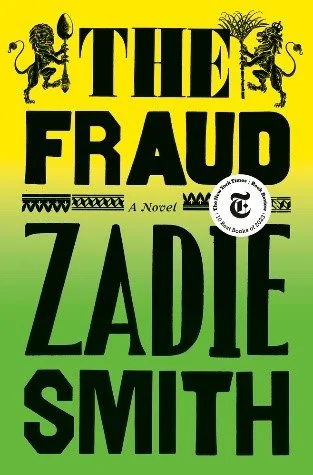Yoko Ogawa, The Memory Police
/Yoko Ogawa has said that the reason she became a writer was reading the diary of Anne Frank as a teenager. Writers tell ourselves—and other people—stories about where our writing comes from, historical accounts that seem to us at least partially true at the time. Maybe we grew up in a storytelling family, or one where it was not possible to say the important things aloud. And then a writer comes along who says what we didn’t know we could say or tells stories that resonate with the truths we wish we could read. Although, after all my years of writing and teaching writing, it also seems to me that the urge to say what happened, to make sense of it or alter it, starts so early that we can’t find the beginnings. Maybe, then, we were already writers but we wake up to our awareness of this when we come across a writer whose particular urgent project touches us profoundly.
Read More



















